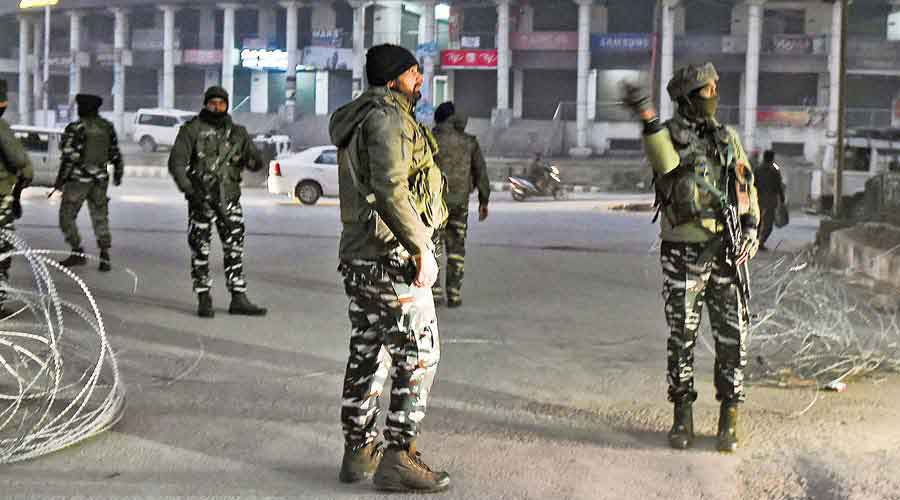Nobody can deny the reality of a sense of renewal in the celebration of New Year despite the knowledge that the only thing that would have really changed is the calendar. Everything else would remain an unbroken continuity. The idea of a New Year is, indeed, another example of what Jason Silva has called the co-creation of reality by the observer and the observed. We created the calendar; now the calendar is, in a substantive way, creating our subjective reality.
For the northeastern states, the same can be said of the Armed Forces (Special Powers) Act, a legislation designed to meet, first, the challenge of Naga insurrection and, then, the proliferation of more such secessionist movements in the region. AFSPA was obviously intended as a temporary measure, and a Supreme Court ruling mandated its review every six months wherever it was imposed. However, AFSPA has lasted 64 years, prompting commentators to say this can no longer be termed a ‘state of exception’ but more a revelation of an inherent character of the Indian State and how it sees those in the periphery of its core historical stream. Hence, the use of a war machine in dealing with civil strife in these spaces does not seem to trouble the nation’s conscience.
This reality has created another subjective reality marked by a sense of siege and alienation among a greater section of the people of this region. Although not always in the conscious realm, this mindset endures as repressed memories in the deeper recesses of the subconscious. For instance, this inherent trauma seldom surfaces in literature, cinema and theatre that emanate from the region, except in works of non-fiction consciously dealing with the political predicament, indicating it exists as an “unclaimed experience” in the words of the scholar of comparative literature, Cathy Caruth. Therefore, there is a need to read meanings into these silences for an accurate diagnosis of the problem.
The reaction in Nagaland and, indeed, the entire Northeast to the botched ambush by a detachment of para-commandos near Oting village in Nagaland’s Mon district on December 4 conveys this pretty loudly. While the rest of the country has had little difficulty in explaining the tragedy, which meant the loss of lives of 14 villagers and a soldier as a mistake, this explanation can never be enough for those living under AFSPA’s shadow. For them, Oting is not a one-off blunder, but an inevitable consequence of a climate of impunity AFSPA has co-created.
AFSPA not only provides for the use of the army in dealing with civil unrest in northeastern areas (and those in Kashmir) declared ‘disturbed’ but also gives the army extraordinary powers, such as the right to enter and search homes without a warrant, use force to the extent of causing death on suspicion, destroy shelters (homes) on suspicions that they are militant hideouts and, over and above this, provides a shield for soldiers in these operations from litigations in civil courts. The last clause is what is behind this oppressive atmosphere of impunity.
The resultant arrogance is that the law is in the hands of those given this power, not the courts. And this arrogance is infectious too often in unwarranted ways. For instance, despite a Supreme Court directive to have AFSPA’s imposition reviewed every six months, for the past two years, the Manipur government has been extending it one year at a time. This time, it lapsed on November 30 without the government’s notice. But when it was finally extended on January 8, it was done retrospectively from December 1, a dangerous move as pointed out by legal experts, for excesses in non-AFSPA areas can now be exempted from legal purview by retrospectively extending the Act there.
The remedy is not difficult to visualize. The State obviously has to fight insurgency, but this responsibility can be left to the police, trained, equipped and motivated accordingly. The police, too, can commit atrocities but they will always be moderated by the fear of law, unlike under AFSPA’s impunity. This was also what was advocated by the late supercop, K.P.S. Gill. If reality is a co-creation, such a gesture could be the beginning of the renewal of public faith and goodwill to end the psychology of alienation of the Northeast.
(Pradip Phanjoubam is editor, Imphal Review of Arts and Politics)










